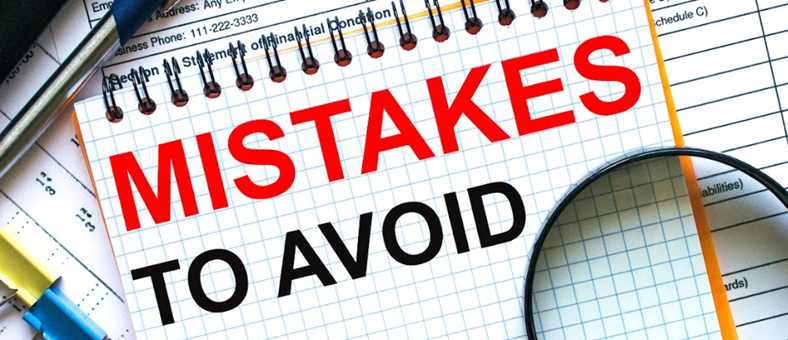Australian Employment Law: What You Should Know
All of us, at one stage or another, have believed that we will never need to see an employment lawyer. Statistically speaking, this cannot be true which is why it is so critical that we familiarise ourselves with the current laws that are in place to protect employees and employers. Not surprisingly, each county has their own set of laws that their citizens must abide by, so let’s go over what you need to know about Australian employment law and run some hypothetical scenarios so that we understand the rationale behind these decisions and laws.
Employment law in Australia
Employment law covers anything that happens within or related to an employees place of work. The Australian laws include both federal and state legislation and cover a number of matters. Wages and working conditions fall under employment law, and so does discrimination relating to race, sex and sexuality. Perhaps one of the most commonly covered issues by employment lawyers in Melbourne is dismissal. Let’s get to know these issues a little deeper, and see how Australian law handles each.
Wages and working condition in Australia
Australia is quite fortunate to have comparatively high working standards across the country, with fair wages attached. Employees have the right to work in a safe environment that is free from danger and exposure to issues causing health concerns. The minimum wage in Australia is $19.49 per hour, which equates to $740.80 per working week. If this rate is not satisfied by an employer, employees have the right to request minimum wage and can proceed to approach FairWork. As we have seen many times over, employers must then back-pay the employee with recently Qantas back paying their administrative staff in 2020.
Discrimination
Discrimination is not as black and white as wages and working conditions, as this discrimination can be exhibited in a number of ways. Ultimately, discrimination is the act of treating an employee different due to their sex, race, sexuality, characteristics. If an employer doesn’t consider a female manager for a promotion because she is a mother, despite working her hours and being the best candidate, that is discrimination. Making assumptions about an employee because of their race and speaking to them with racial slurs is also discrimination. Sexuality is also an issue that should not influence how an employee is treated and communicated with. It can become complicated when workplaces are lax with how they interact, although if an employee feels marginalised and is being treated unfairly they should seek advice from an employment lawyer or FairWork.
Unfair dismissal
Unfair dismissal is straight down the line, but that’s not to say it feels that way for the employee in question. There are many emotions attached to a dismissal, although if the grounds for the dismissal are unlawful then this is a case to pursue. If an employee is let go without warning or an opportunity to discuss and learn from a mistake or change, this could be an unfair dismissal. If the employee is not guilty of the misconduct that led to them losing their job, they can appeal this decision and then seek legal counsel if the employer does not overturn the decision or listen to the claim. If you believe that you have been unfairly dismissed, keep records of the steps your employer took to let you go, and cease communication until you are represented.
Navigating Australian employment law doesn’t need to be a challenge, but you do need to keep on top of legislation changes that will impact how you conduct your work and how you react in the unlikely circumstances that any of these laws are breached. Australia is quite lucky in having a high standard of laws and conditions, so don’t be afraid to challenge what is not being met.






No Comment